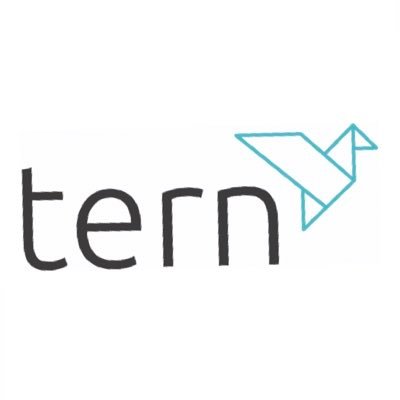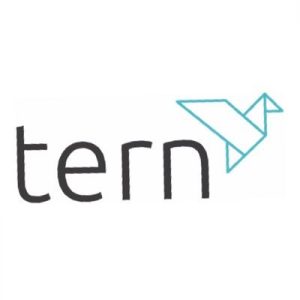The American Academy of Ophthalmology, in collaboration with the immersive training company FundamentalVR, has introduced a new initiative, the Academy’s VR Education program. This programme aims to revolutionise ophthalmic education and surgical training through the use of virtual reality (VR). With the support of a $5 million grant from the Knights Templar Eye Foundation, this platform is free and accessible to ophthalmologists and trainees worldwide, providing a resource for enhancing diagnostic and treatment skills in eye health.
In its initial phase, the programme is centred on paediatric ophthalmology, specifically targeting retinopathy of prematurity (ROP), a significant cause of childhood blindness. This condition, which affects around 30 per cent of premature infants in middle-income nations and between 5 and 8 per cent in the United States, presents unique challenges. Opportunities for trainees to practice ROP procedures are limited, especially outside the United States, where residents have restricted access to paediatric surgeries. The VR simulator provides a practical solution, allowing users to engage in realistic ROP treatment and diagnosis practices, such as indirect ophthalmoscopy, laser therapy, and intravitreal injections, in a fully immersive environment. It accommodates both solo practice sessions and multi-user guided training to accommodate learners at varying levels.
Stephen D. McLeod, MD, CEO of the Academy, described this partnership with FundamentalVR as a significant stride towards achieving high-quality eye care for all. He emphasised the global reach of this initiative, noting that the support from the Knights Templar Eye Foundation allows it to be freely available, ensuring broader access to specialised training.
This VR training approach accelerates the learning process, helping practitioners develop skills with fewer risks to patients, particularly infants. The platform includes advanced analytics to provide individualised feedback, helping learners to refine their techniques in preparation for real-life situations. Richard Vincent, Co-Founder and CEO of FundamentalVR, highlighted the importance of this programme in preparing ophthalmologists to manage ROP more effectively, using VR to boost skills, confidence, and ultimately improve outcomes for young patients at risk of blindness.
Dr. Douglas Rhee from Case Western Reserve University shared his insights from an early trial of the simulator, noting its high-quality, risk-free environment as a crucial training tool. According to Dr. Rhee, these simulations are especially valuable for tackling rare and complex cases like ROP.
After the launch of the ROP module, the AAO VR Education programme will broaden to cover additional areas within paediatric ophthalmology. Later this year, a desktop version of the ROP simulator will also become available, accommodating users without access to a VR headset.
This VR-based approach to ophthalmology training offers a powerful method for bridging gaps in global medical education, providing essential tools for ophthalmologists to enhance their expertise and support better patient care.
Tern plc (LON:TERN) backs exciting, high growth IoT innovators in Europe. They provide support and create a genuinely collaborative environment for talented, well-motivated teams. FundamentalVR is a healthcare technology company with a mission to accelerate human capability via precision simulation.


